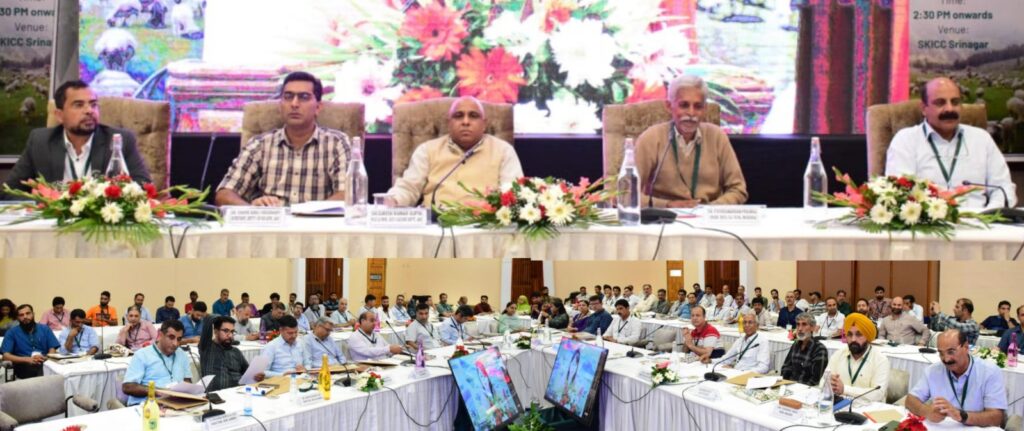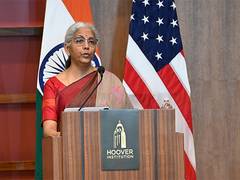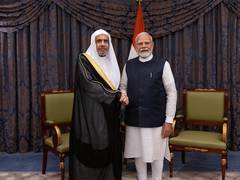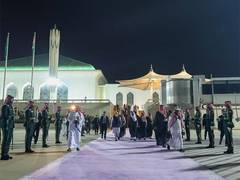3-Day workshop on Rangeland Management for Sustainable Rural Development kicks off at SKICC
Suresh Gupta, Dr Shahid Iqbal address inaugural session; bats for developing roadmap for best practices based on discussions
SRINAGAR, JULY 29: A three-day Workshop on ‘Rangeland Management for Sustainable Rural Development’ organised by the Rural Development Department and Panchayati Raj (RDD&PR), J&K, in collaboration with the IYRP Support Group of South Asia and NABARD started today at the Shere-i-Kashmir International Conference Center (SKICC) Srinagar.

This workshop aims to harness ongoing government programs and schemes from various states to promote sustainable management of rangelands.
The inaugural session was attended by Suresh Gupta, Principal Secretary Culture and Principal Chief Conservative Forests & HoFF, J&K, Secretary RDD&PR, Dr. Shahid Iqbal Choudhary, P. Vivekanandan, Chair, RISG-SA, Dr. Ravindra S. Gavali, Professor and Head, CNRM,CC & DM NIRDPR, Hyderabad, Ravinder Yadav, Director Rainfed Area Authority, GoI and HODs of the department.
The workshop has brought together a diverse group of participants, including experts, officers from Jammu & Kashmir and other states, researchers, scholars, and students.
The workshop includes an inaugural ceremony, technical sessions (including the participation of experts online), and field visits.
During the inaugural session, Principal Secretary Culture Suresh Gupta, who also serves as the Principal Chief Conservator of Forests & Head of Forest Force (HoFF), J&K, emphasized the need for a collaborative approach involving government agencies, scientific institutions, local communities, and NGOs. This collaboration is crucial for the effective implementation of rangeland management strategies, he said.
In his address, Suresh Gupta highlighted the rich biodiversity and extensive rangelands in Jammu & Kashmir, particularly in the alpine and subalpine zones. He noted that rangelands cover 4.32% of the total geographical area of Jammu & Kashmir, including 3.53% in Jammu and 13.22% in Kashmir. These areas, totaling 9,59,500 hectares, are essential for local livelihoods, supporting pastoralism, agriculture, medicinal plant harvesting, and tourism.
Secretary RDD, Dr. Shahid Iqbal Choudhary, underscored the historical significance of rangelands and their role in sustaining unique civilizations worldwide.
He expressed hope that the workshop would explore both the economic and cultural values of rangelands and develop a roadmap for best practices based on discussions from various states.
Dr. Smruti Smita Mohapatra, Member of RISG-SA, Jammu, presented the workshop’s agenda, objectives, priorities, and expected outcomes. P. Vivekanandan, Chair of RISG-SA, delivered a special address on the International Year of Rangelands and Pastoralists (IYRP) 2026, while Dr. Ravindra S. Gavali from NIRDPR, Hyderabad, provided insights into MGNREGA and Rangeland Development.
Dr. Pedro M. Herrera, a Spanish ecologist and consultant on Drylands and Pastoralism, also addressed the workshop virtually, sharing his expertise and insights on rangelands and pastoralism.
The workshop was also attended by Director General, Rural Sanitation, J&K, Director RDD Jammu, Director RDD Kashmir, Director Panchayati Raj J&K, CEO IWMP, COO Himayat, Joint Director RDD, Additional Secretary/MGNREGA and other officials.
Over the next three days, the workshop will focus on the United Nations General Assembly’s designation of 2026 as the International Year of Rangelands and Pastoralists (IYRP). India has supported and co-sponsored the UNGA Resolution on IYRP (2022), which aims to raise awareness about the importance of rangelands and pastoralists for food security, the economy, the environment, and cultural heritage.
The goal is to promote scientific conservation and management of rangelands and ensure sustainable livelihoods for pastoralists through community participation.
The workshop aligns with the United Nations Convention to Combat Desertification (UNCCD) and Sustainable Development Goals (SDGs), marking 2026 as a transformative year for rangelands, pastoralists, and global environmental health.






